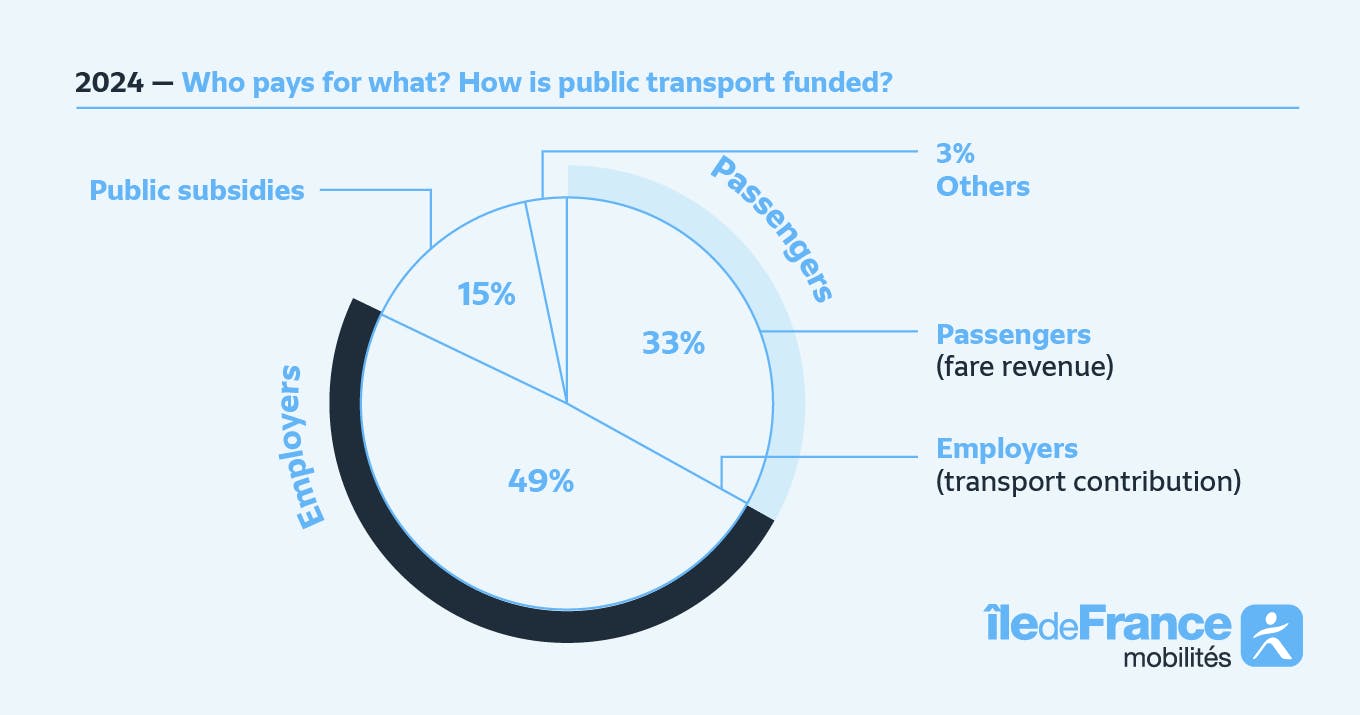Dossier
Île-de-France Mobilités:
a unique governance
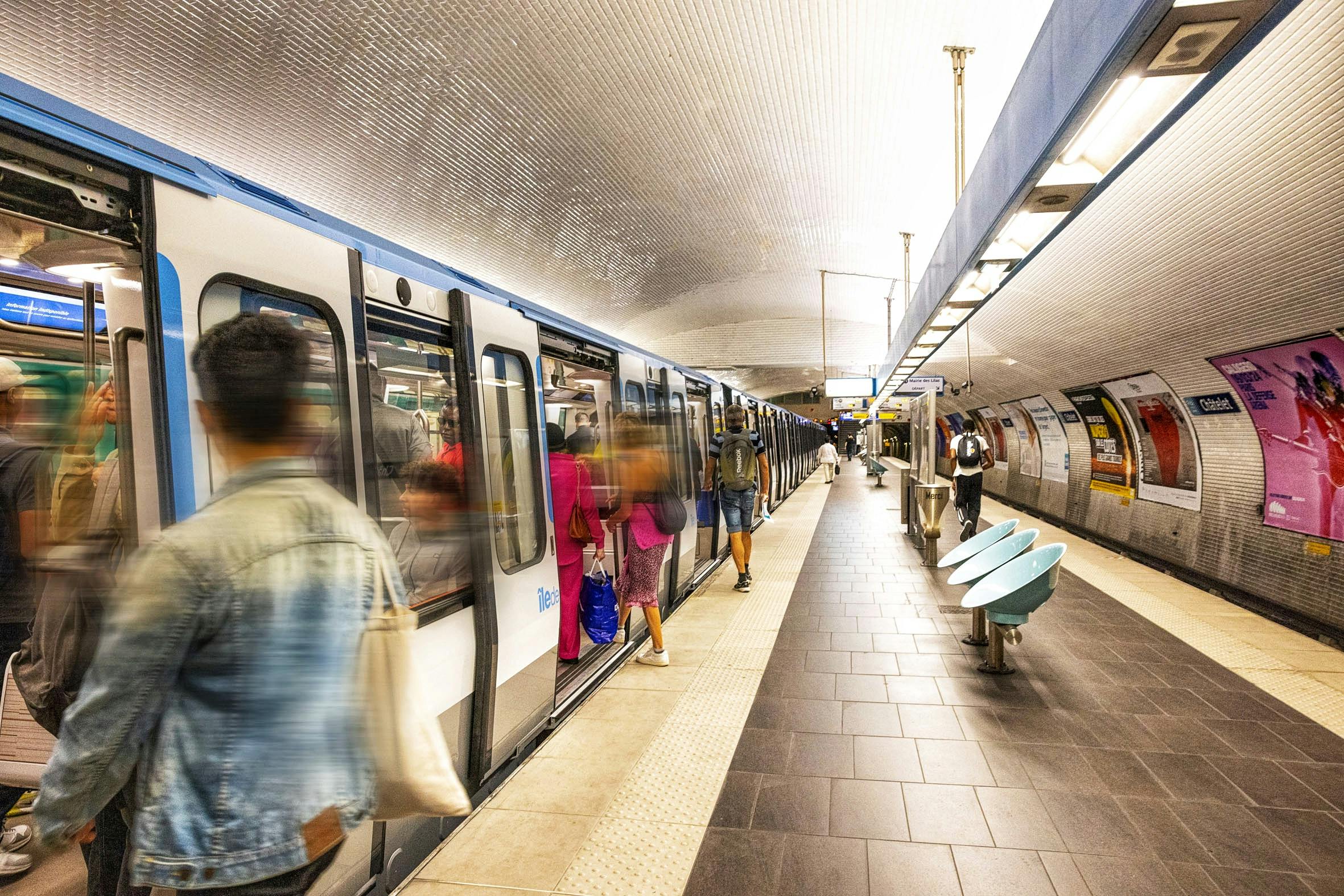
Our mission: coordinate public transport in the Paris region
Île-de-France Mobilités is a public structure with 600 members of staff which orchestrates, plans, organizes and finances public transport throughout the Paris Region.
What is its main mission?
To design, with the Region, transport operators, local elected officials, passenger representatives and businesses in Ile-de-France, a coherent and sustainable public mobility service for the 12.3 million Paris region residents and the 21.5 million visitors, who use the network each year to discover Paris and the Paris region.
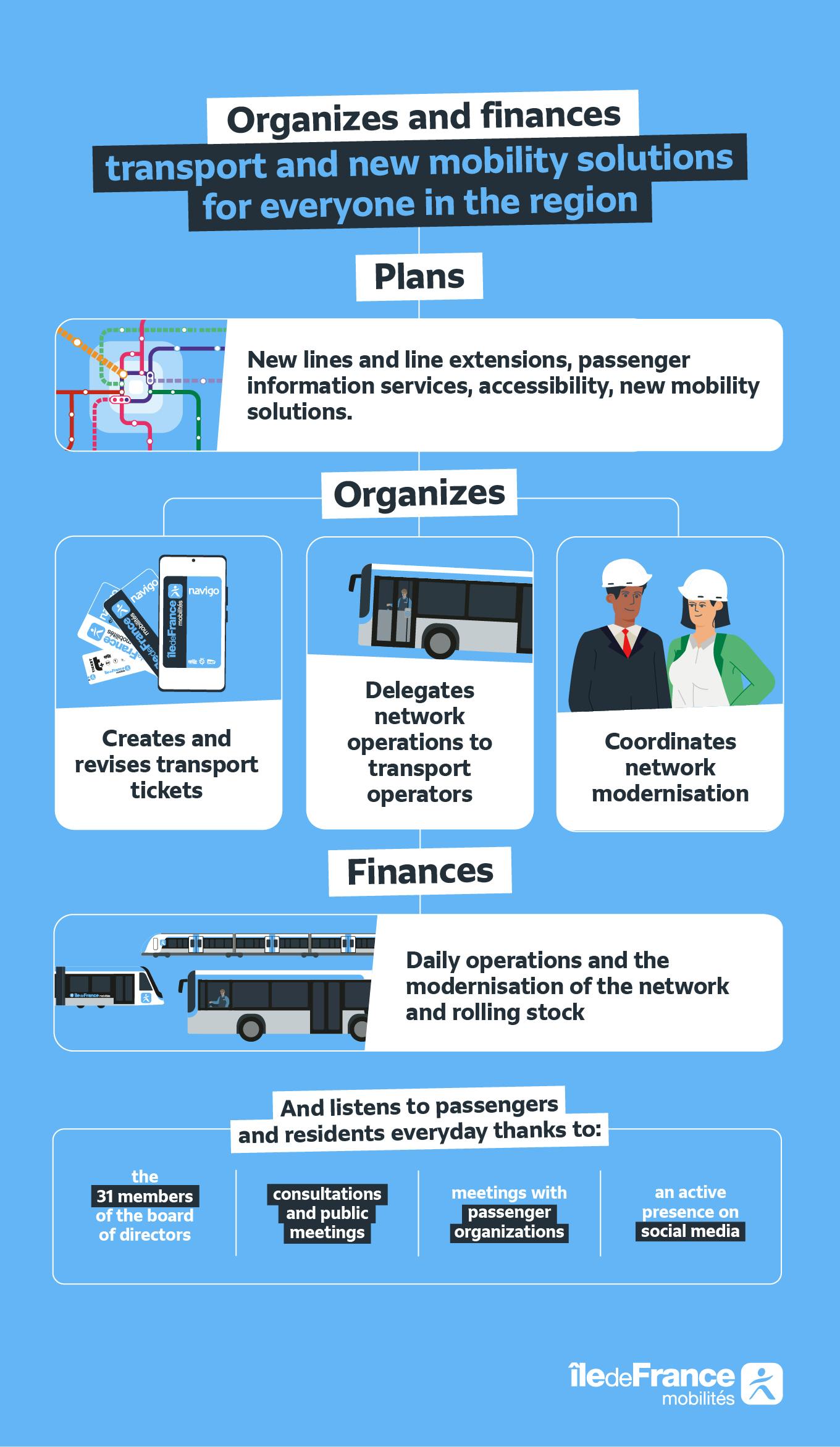
Concretely, Île-de-France Mobilités is responsible for:
- Planning transport services, including defining service levels, quality objectives, and pricing.
- Shaping the future of mobility by developing the 2030 Mobility Plan for the Paris region.
- Promoting and organizing innovative mobility solutions such as carpooling, car sharing and long-term e-bike rentals.
- Conducting studies and managing investments to modernize and expand the transport network.
- Procuring and overseeing operational contracts with transport providers, ensuring smooth operations.
- Ensuring that all the above achieves a sustainable financial balance and serves a carbon-free Paris region
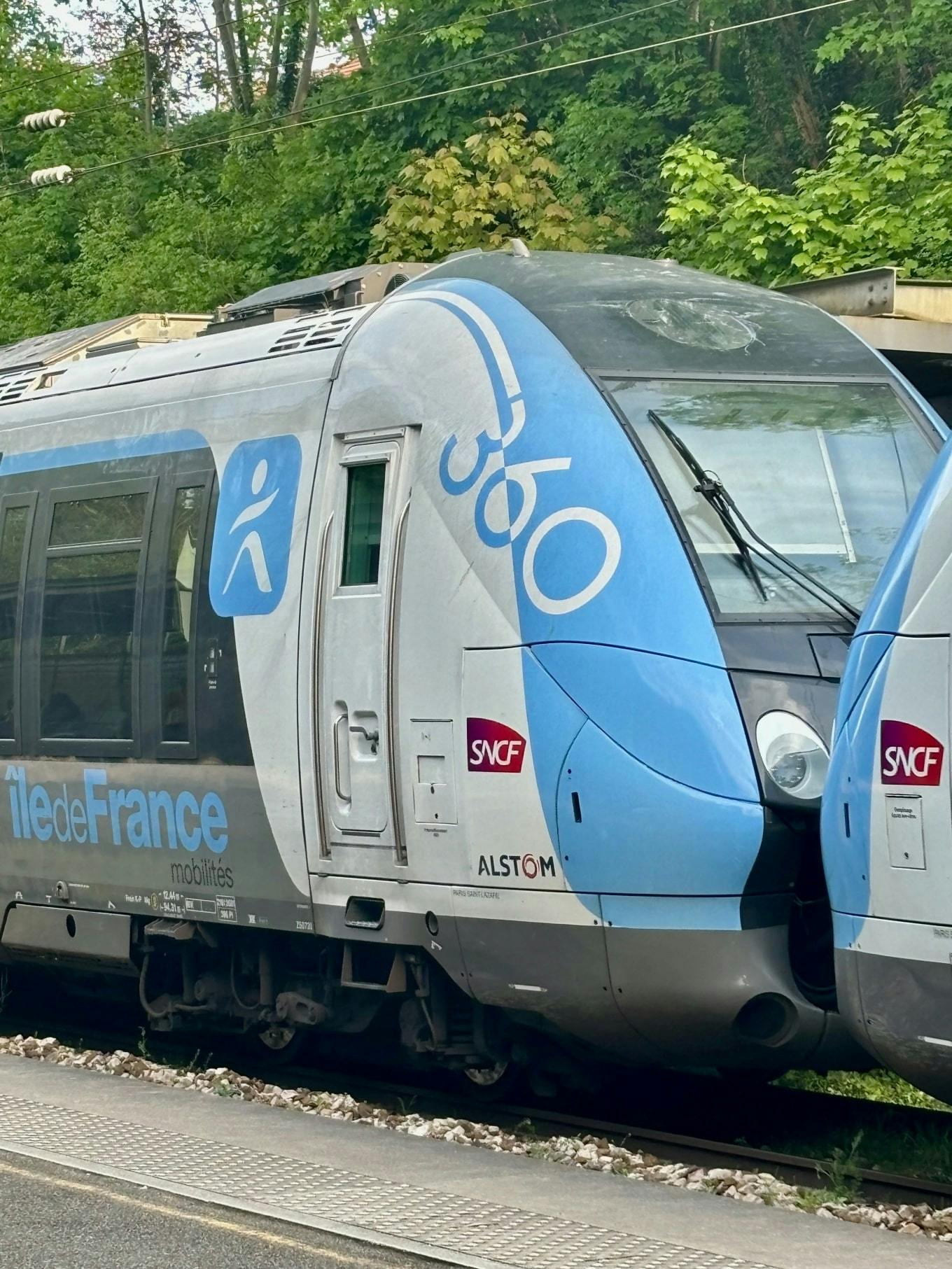
Governance that represents regional balance
The governance of Île-de-France Mobilités reflects the diversity of stakeholders in the French capital region.
Chaired by Valérie Pécresse, also President of the Paris Region since 2015, Île-de-France Mobilités is managed on a daily basis by Laurent Probst, Managing Director, alongside Deputy Managing Directors Élodie Hanen and Pierre Ravier .
Meeting six or seven times a year, the Île-de-France Mobilités Board of Directors is made up of 31 members: local elected officials, passenger representatives and Paris region businesses, under the leadership of the Paris Region.
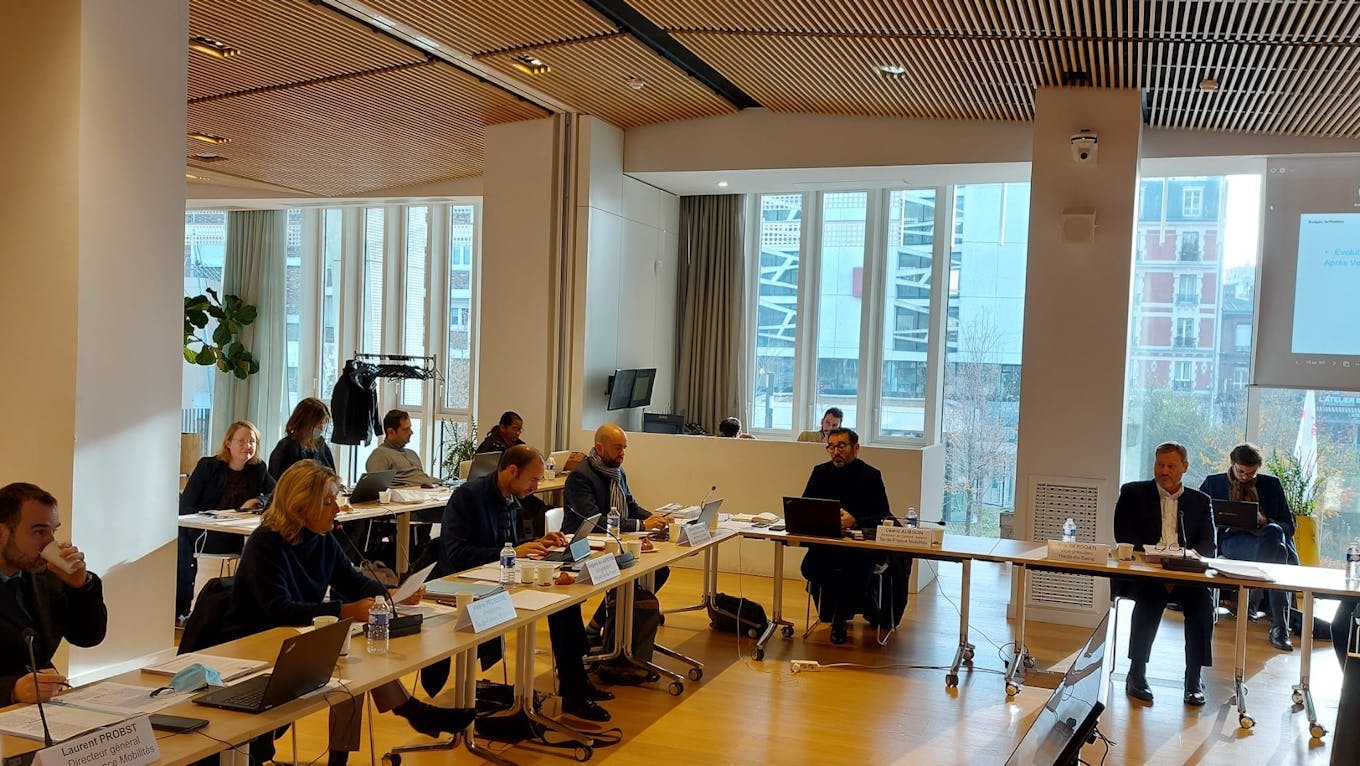
A unique financing model
Île-de-France Mobilités has an annual budget of 12 billion euros to operate the transport network, plus 3 billion euros in investments to develop the network.
It also uses a distinctive financing model that involves active participation from regional companies. These companies are key stakeholders dedicated to the advancement of a robust, contemporary, and passenger-friendly transport service that supports the economic vitality of the region.
